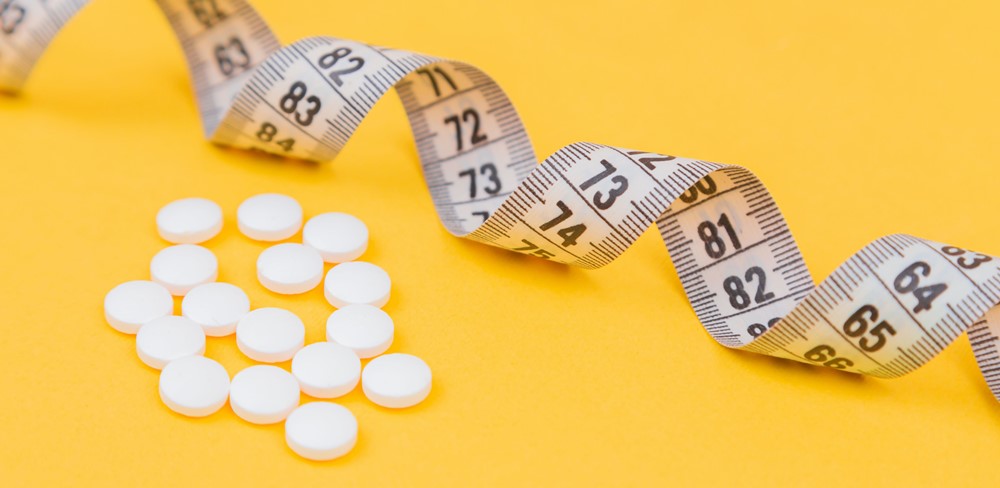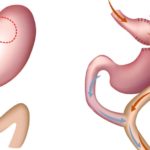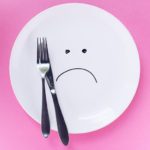Are diet pills safe?
Weight loss has always been associated with increased physical activity and decreased intake of calories. Both of these actions are considered demanding by those, who are trying to lose weight. Such an approach makes diet pills very popular. Diet pills or commonly known as weight loss medicines which work by either increasing the metabolic rate, decreasing the urge for food or simply blocking the absorption of fat in the digestive system. It is a shortcut that most people want to take.
Talking about the risks and safety of these medications and their effectiveness, only those remediates that Food and Drug Administration (FDA) approved are termed safe for use for a longer period of time. The number of diet pills sold around the world is increasing day by day but are the benefits of this weight loss strategy worth the disadvantages it has to offer? Are they totally safe? Let us find the facts.
Diet pill effectiveness vs threat
Any factor that alters or hampers the normal physiological function of the human body definitely poses a threat to you. This is what the doctors say. You might also know the fact that adiposity or obesity is merely just a symptom of underline pathology. Putting a stop to weight gain is not a perfect solution to it. It is important to consult a doctor before you start taking any of these diet pills so that to be sure that the chemicals you are going to take each day are worth trying. Do you know that Ephedrine, a substance present in the majority of diet pills, has very dangerous side effects? FDA says any diet pill that contains Ephedrine extract can cause dysfunctions in the body including heart attack, seizures, stroke, and other illnesses. Therefore FDA has banned all products containing this lethal substance that was on the market. Taking into consideration effectiveness and associated risk, we have to notice that there are a lot of ingredients that can help your body lose fat however they are not free from potential adverse effects.
Popular dietary supplements
Orlistat
Effectiveness: FDA-approved Orlistat as effective for treating obesity. It works by blocking the enzyme that digests fat from the gastrointestinal tract (GIT). Long-term use of this substance along with a modified lifestyle helps to lose weight from 2 to 3 kg a year.
Side effects: Since the fat is left unabsorbed in the stomach, the most common side effects are GIT disorders like oily feces, repeated bowel movements, etc. There is also malabsorption of fat-soluble vitamins like A, E, D, and K.
Green tea extracts pills
Effectiveness: Green tea extract pills show effectiveness in elevating the fat metabolism of the body and lowering the desire to eat.
Side effects: Individuals using these pills are observed to suffer more often the following conditions: diarrhea, sleeping issues, restlessness, anxiety, jitters, bloating.
Hoodia
Effectiveness: It is a herbal appetite suppressant and is therefore used as a supplement for weight loss. It is said to be discovered first by people living in hot countries who used it to survive for a long period of time in harsh desert conditions.
Side effects: Hoodia is presently not in common use as research has shown that it does not meet basic standards of effectiveness and safety.
Conjugated linoleic acid supplements
Effectiveness: This element is responsible for increasing protein synthesis, elevating the metabolic rate of the body, and also reducing adipose tissues. All of these functions aid in weight loss, and since it is good fat, it removes bad cholesterol – LDL (low-density lipoproteins) from the bloodstream. It is possibly an effective diet pill.
Side effects: Loose stool, stomach upset, nausea, increased risk for diabetes, and migraine are the most common adverse effects associated with using these supplements.
Keep yourself fit
It is highly recommended that before you opt for any weight loss supplement, you consult a doctor first. While being on a diet, you need to follow the instructions given to you by your healthcare provider strictly. Drinking a lot of water is also important as some diet pills may act as diuretics so you can become dehydrated and lose water-soluble minerals and salts.
If your aim is to lose pounds without compromising your health, diet pills are not the best choice for you. Modifying and improving your lifestyle by eating and exercising regularly is the only reasonable way which will make you look leaner for much longer.
The surprising part is that diet pills may promote weight loss to only 5%. All pharmaceutical companies recommend using diet pills together with a balanced diet and exercise. And here may be the key to success – changing your attitude and starting healthy life.
Before deciding to go that way, you should consider the associated risk and adverse effects of diet pills treatment and take a good decision.




























